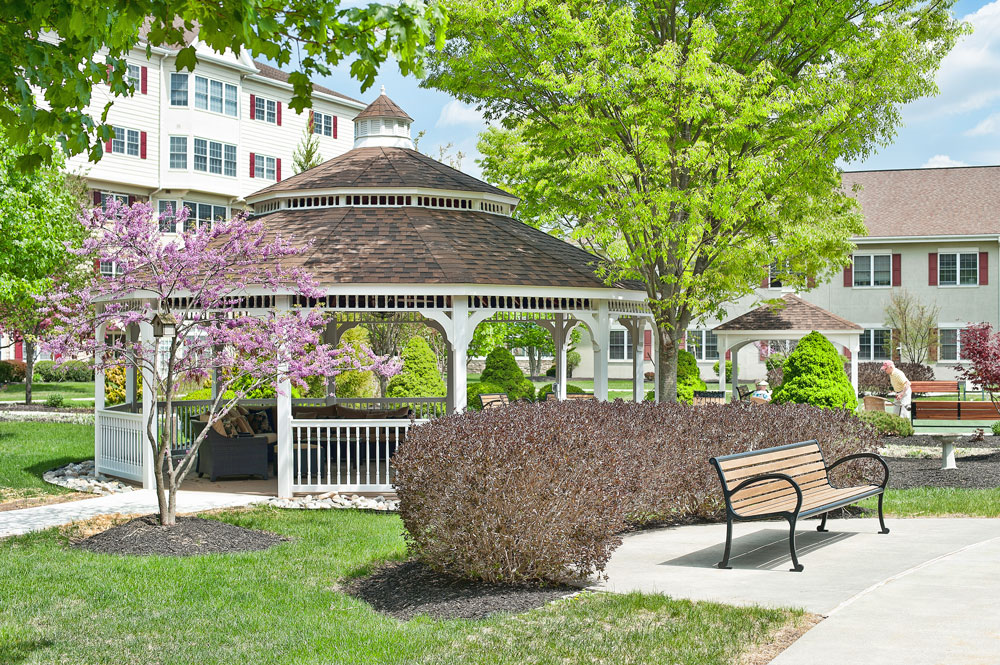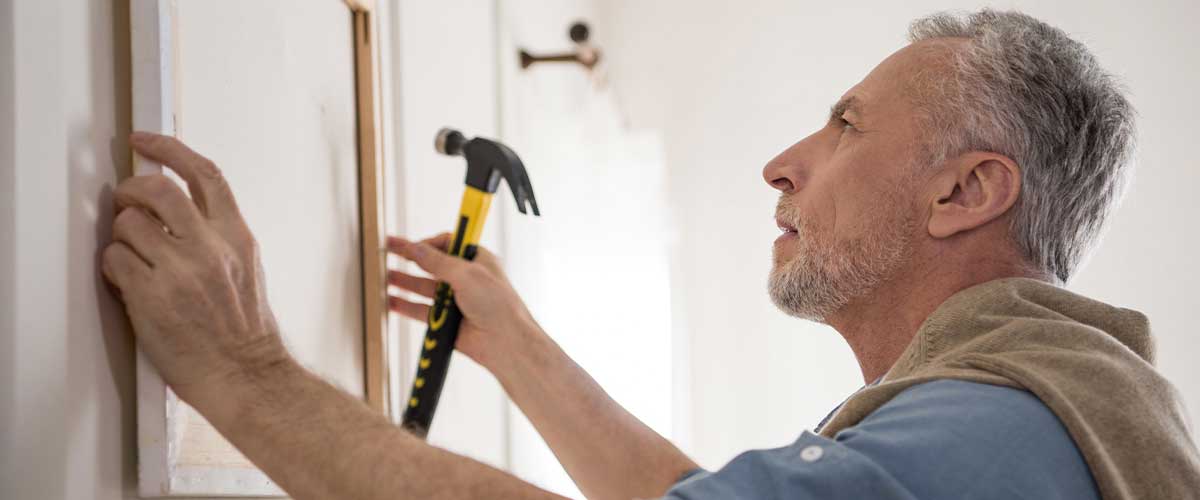How Can Rehabilitation Therapies Help With Multiple Sclerosis?

Multiple sclerosis (MS) is a chronic disease of the central nervous system that is thought to be an autoimmune disorder where the body attacks itself by mistake. MS affects everyone differently, with some having only mild symptoms while others may lose their ability to see clearly, write, speak or walk. While there is no cure for MS, medication and rehabilitation can help to keep or restore basic bodily functions like walking and speaking.
What Are the Possible Causes and Symptoms of Multiple Sclerosis?
There are many possible causes of MS:
- Autoimmune disorders
- Infectious agents, such as viruses
- Environmental factors
- Genetic factors
The symptoms of MS may be mild or severe, short-term or long-lasting and can appear in different combinations, depending on the area of the nervous system affected. While each person may have different symptoms, these are the most common:
- Blurred or double vision
- Red-green color distortion
- Pain and loss of vision because of swelling of the optic nerve (optic neuritis)
- Trouble walking and difficulty with balance
- An abnormal feeling, such as numbness, prickling or pins and needles in any part of the body, but most commonly in the hands, feet, arms and legs (paresthesia)
- Muscle weakness in the arms and legs
- Trouble with coordination. You may have problems walking or standing. You may also be partly or completely paralyzed.
- Spasticity. This is the involuntary increased tone of muscles leading to stiffness and spasms.
- Fatigue. This may be brought on by physical activity. But it may ease with rest. You may have constant tiredness that doesn’t go away.
- Loss of feeling
- Speech problems
- Tremor
- Dizziness
- Hearing loss
- Bowel and bladder problems
- Depression
- Changes in sexual function
What is Late Onset MS?
Late-onset multiple sclerosis is a form of the disease where symptoms – including trouble with balance and walking, plus thinking and memory problems – appear after age 50. Late-onset MS tends to progress more quickly than MS that’s diagnosed in younger people. Research shows people with lateonset MS reach certain physical disability milestones, such as needing to use a cane or a wheelchair, two or three times as fast as people diagnosed earlier in life.
Treating Late-Onset MS
There is no cure for any type of multiple sclerosis, but there are many ways for you to manage the condition with rehabilitation.
Physical therapy (PT): Physical therapy promotes independence and safety and helps you achieve and maintain optimal functioning by helping with walking and mobility issues, strength, balance, posture, fatigue and pain. PT might include an exercise program, gait (walking) training, and/or training in the use of mobility aids (poles, canes, crutches, scooters and/or wheelchairs) and other assistive devices.
Occupational therapy (OT): Occupational therapists will train you in the use of adaptive tools and devices to simplify your everyday tasks. They can also recommend modifications to your home to ensure accessibility, safety and convenience. The goal of OT is to enhance your independence, productivity and safety in all activities related to personal care, leisure activities and employment.
Speech-language pathology (SLP): Speech-language pathology is designed to treat difficulties with speech and/or swallowing which can result from damage to the central nervous system that reduces muscle control. SLP therapy can make it easier for you to communicate clearly and promote safe swallowing and overall health. Some SLPs also evaluate and treat challenges with thinking and memory.
Cognitive rehabilitation: This type of rehabilitation starts by evaluating and treating changes in your ability to think, reason, concentrate and remember. If you are experiencing cognitive changes, neuropsychologists (along with occupational therapist and speech-language pathologist) can help you improve your brain function.
Our Highly Rated Care Can Help Manage MS
Freedom Village at Brandywine offers neurological rehabilitation that specializes in care for those with multiple sclerosis. With a 5 Star CMS rating, you’re getting the top care in the state. To learn more about how we care for residents with MS – including neurologic therapy – or our rehabilitation program overall, use our Community Assistant chat feature or contact us here.



